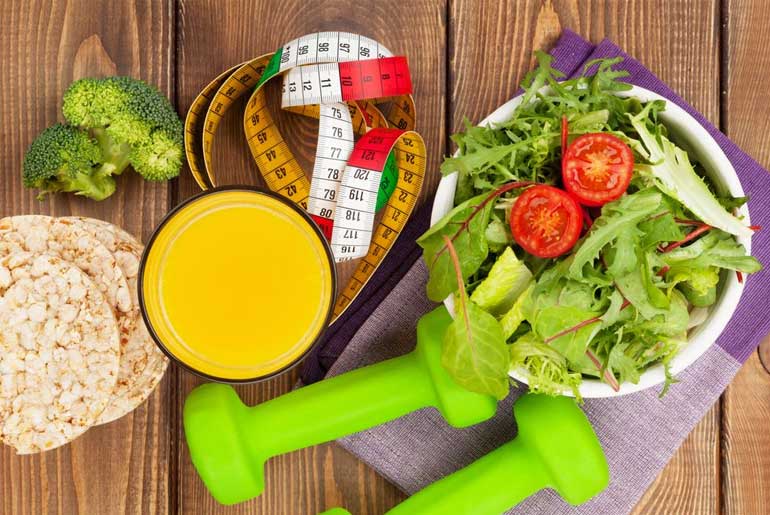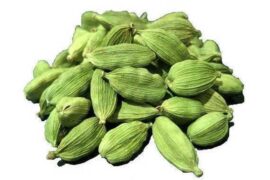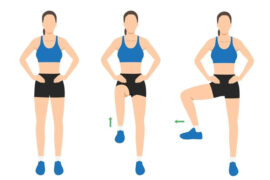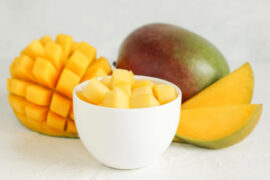Achieving optimal results in the gym requires a well-balanced diet that incorporates essential nutrients to fuel workouts and support recovery. Health experts emphasize the importance of including a combination of lean proteins, complex carbohydrates, and healthy fats in your gym diet. Lean protein sources such as chicken and fish provide the necessary building blocks for muscle repair and growth, while complex carbohydrates from whole grains offer sustained energy for prolonged workouts. Incorporating healthy fats, such as those found in avocados, is crucial for overall health and can contribute to sustained energy levels.
In addition to macronutrients, a well-rounded gym diet should include a variety of fruits and vegetables to ensure a sufficient intake of vitamins and minerals that support overall health and performance. Staying adequately hydrated is equally essential, and individuals are encouraged to drink plenty of water throughout the day to maintain optimal hydration levels. It’s important to note that specific dietary needs may vary based on individual fitness goals, preferences, and considerations, so consulting with a nutritionist or healthcare professional can help tailor a diet plan that aligns with personal objectives.
Foods for Your Gym Diet:






